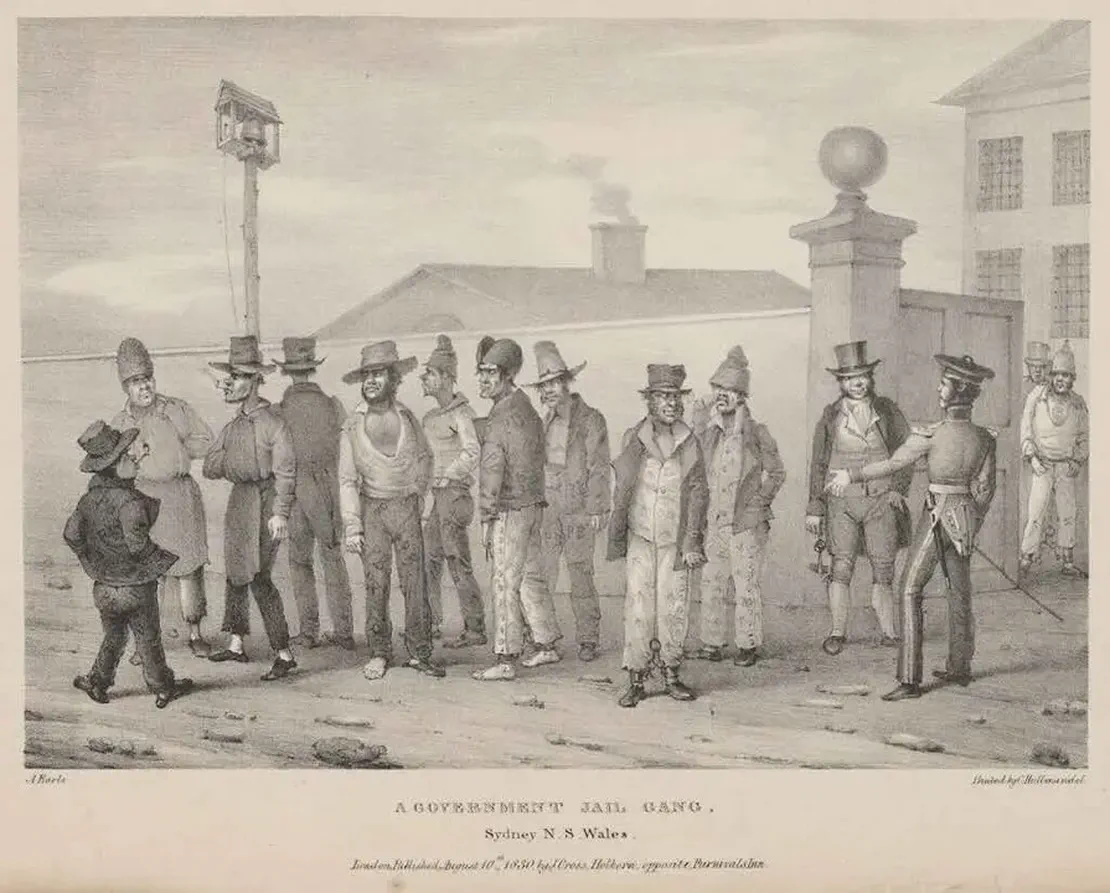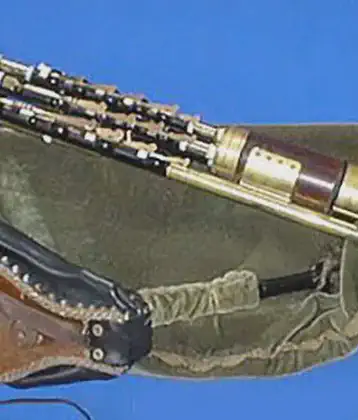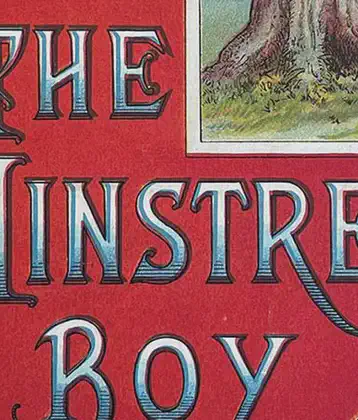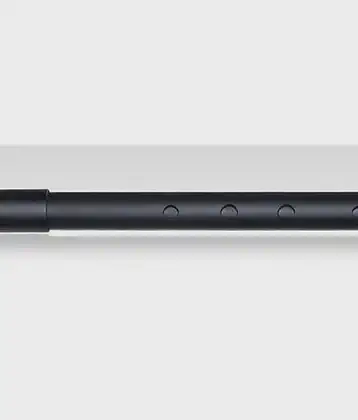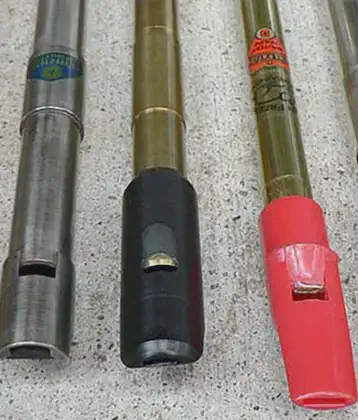September 26th , 1791
Between 1788 and 1868, about 162,000 convicts were transported from Great Britain and Ireland to various penal colonies in Australia.
The British Government began transporting convicts overseas to American colonies in the early 18th century. When transportation ended with the start of the American Revolution, an alternative site was needed to relieve further overcrowding of British prisons and hulks.
In 1786 the Irish Parliament, following the lead of the English Parliament, passed a law providing for ’the more expeditious and effectual transportation of felons … to some of his Majesty’s plantations or settlements in America, or to some other place or places not in Europe'.
The first group of Irish convicts arrived in New South Wales, Australia, in 1791. Transportation of convicts from Ireland to Australia began as part of the broader British penal transportation system. After the American Revolutionary War (1775–1783) disrupted the practice of sending convicts to America, the British government sought alternative locations for penal settlements.
In 1787, the First Fleet, which included both male and female convicts, set sail from England to establish a penal colony in New South Wales. The initial focus was on convicts from England, but as the need for additional labor in the new colony grew, transportation expanded to include Irish convicts.
The first shipment of Irish convicts to New South Wales arrived in 1791 on the ship “Queen,” which had departed from Cork. Over the following decades, thousands of Irish men and women were transported to Australia as convicts, contributing to the early European settlement of the continent. The transportation of convicts to Australia continued until 1868.
The Convicts of the Queen
On 26 September 1791 the Queen transport anchored in Sydney Cove. The first convict ship to sail directly from Ireland to Australia, she was one of eleven vessels which comprised the Third Fleet. Ten other ships carrying English and Welsh convicts had sailed from Plymouth and Portsmouth in February and March 1791.
The first ship to sail directly from Ireland is the Queen, which leaves Cork in April 1791 and joins the third fleet sailing from England. On board are 133 male convicts, 22 females and three children. The youngest on the ship is two-week-old Margaret, daughter of convict Sarah Brennan. The youngest convicts are 11-year-old David Fay and 12-year-old James Blake, convicted for stealing a pair of buckles. The oldest convict is 64-year-old Patrick Fitzgerald from Dublin, who is sentenced to seven years for stealing clothes. Seven men and one woman die on the voyage and within a year, half the men who had sailed on the Queen are dead. Young James Blake dies within a few months of landing.
